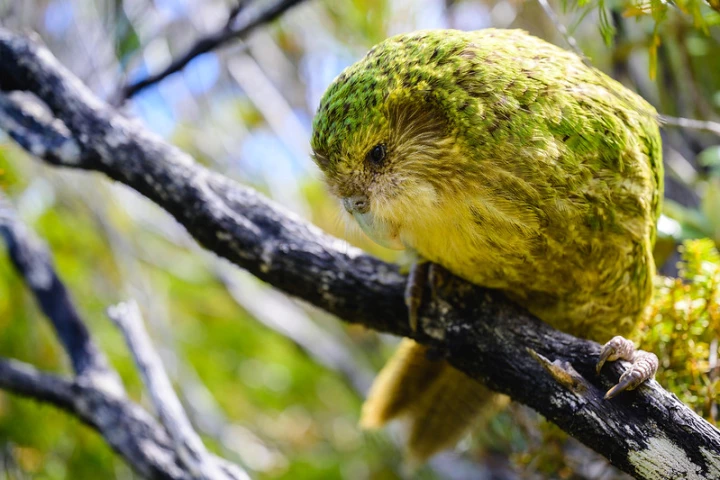BBC
-
In 2009, one frisky bird put a spotlight on his extremely endangered species when he mounted a zoologist’s head and proceeded to show the world his best mating skills. Now, in another bold move, four of his flock are returning to New Zealand's mainland.
-
Back in 2016, the BBC gave a million tiny computers to UK school kids for free. The micro:bit boards were designed as learning tools to help get youngsters into coding, and now the tiny computer for tiny hands has been updated.
-
What makes Big Ben's bong so special? Researchers from the University of Leicester have attempted to find out by using laser beams for the first time to precisely map how the bell generates sound.
-
A little over 18 months after first announcing its intention to inspire the coders of tomorrow with its freely distributed micro:bit computer, the BBC has given the project independence. The newly created Micro:bit Educational Foundation will now be championing the device globally.
-
The BBC has announced that UK viewers will be able to experience the 2016 Olympics, which are set to be officially opened in Rio de Janeiro tomorrow, in immersive 360-degree video. The coverage will include both live footage and highlights, viewable through browsers and using mobile VR headsets.
-
A team of schoolkids from the UK has built a rocket-powered mini racing car capable of reaching speeds of over 48 mph. Slim Jim won the inaugural BBC micro:bit Model Rocket Car Competition, for which participants had to use foam, solid fuel rockets and BBC micro:bit computers to build their cars.
-
The BBC has begun delivering up to a million of its micro:bit mini computers to school children in the UK for free. Announced last year as part of the organization's Make it Digital initiative, the micro:bit is a pocket-sized programmable device aimed at encouraging young people to code.
-
The BBC showed off the final design for its micro:bit computer this week. The pint-sized computer, which has a Raspberry Pi feel, will be given out to one million schoolchildren in the UK in October of this year, giving them the opportunity to learn how to code at an early age.
-
Mind-controlled prosthetics, drones and exoskeletons are all very forward-thinking, but what about a more mundane use for the technology? The BBC's "Mind Control TV" prototype hints at a future where couch potatoes need not even lift the remote. Users can open an app and select a program to watch.
-
The BBC has launched a new education initiative named Make it Digital, at the center of which is a new micro computing platform called, for the moment, the Micro Bit. The Corporation aims to ensure that every 11 year-old in the UK gets one of these mini development boards for free.
-
Science Museum's new permanent exhibit, "Information Age: Six Networks That Changed Our World" was recently opened by Queen Elizabeth II when she sent the first tweet by a British monarch.
-
In 2010, Darek Fidyka was paralyzed from the chest down as a result of a knife attack that left an 8 mm gap in his spinal column. Now surgeons have given Fidyka the ability to walk again thanks to a new procedure using transplanted cells from his olfactory bulbs.
Load More











